2025 Electric Trucks for Towing: The Future of Heavy-Duty Hauling
Introduction to Electric Trucks in 2025
As we step into 2025, the automotive industry is undergoing a profound transformation, particularly in the realm of heavy-duty vehicles. Electric trucks, once viewed as a niche market, have now firmly established themselves as a viable alternative to traditional internal combustion engine (ICE) trucks. With advancements in battery technology, increased charging infrastructure, and a growing demand for sustainable transportation solutions, electric trucks designed for towing are set to revolutionize the heavy-duty hauling landscape.
The Rise of Electric Trucks
The transition to electric trucks is not merely a trend; it represents a significant shift in how we approach transportation and logistics. Major automakers have invested billions in research and development to produce electric vehicles (EVs) capable of meeting the rigorous demands of towing and hauling. In 2025, we see a plethora of options that cater to both commercial and individual needs, making electric trucks an attractive choice for businesses and consumers alike.
Key Players in the Electric Truck Market
Several manufacturers have emerged as key players in the electric truck market. Companies like Tesla, Ford, Rivian, and General Motors are at the forefront of producing electric trucks that offer impressive towing capacities while prioritizing sustainability. Each of these manufacturers has developed unique features to cater to different segments of the market, ensuring that there’s an electric truck for everyone, from fleet operators to outdoor enthusiasts.
Performance and Towing Capacity
One of the primary considerations for truck buyers is towing capacity, and electric trucks in 2025 are rising to the challenge. With advancements in electric motors and battery technology, many electric trucks can now tow as much, if not more, than their gasoline or diesel counterparts. For instance, the Tesla Cybertruck boasts a towing capacity of over 14,000 pounds, while the Ford F-150 Lightning offers similar capabilities with its dual-motor setup.
Moreover, electric trucks benefit from instant torque delivery, which allows for superior acceleration when towing heavy loads. This characteristic is particularly advantageous in scenarios where quick power is needed, such as merging onto highways or navigating steep inclines. As a result, electric trucks can offer a seamless towing experience that matches or exceeds that of traditional trucks.
Battery Technology and Range
Battery technology has seen significant improvements in recent years, and by 2025, electric trucks are equipped with high-capacity batteries that enhance their range and performance. Modern electric trucks can achieve ranges of over 300 miles on a single charge, making them practical for long-haul towing operations. This range is crucial for users who require reliability and efficiency, especially in commercial applications.
Additionally, advancements in fast-charging technology have made it easier for truck owners to recharge their vehicles during long trips. Many electric trucks now support fast-charging stations, allowing drivers to recharge significant amounts of battery capacity in under an hour. This capability alleviates range anxiety, a common concern among potential electric truck buyers.
Charging Infrastructure Expansion
The expansion of charging infrastructure is another critical factor driving the adoption of electric trucks in 2025. Governments and private companies are investing heavily in building a robust network of charging stations across highways, urban areas, and remote locations. The increase in charging stations ensures that electric truck owners will have access to convenient and reliable charging options, further promoting the use of electric vehicles for towing and hauling.
Cost of Ownership
The total cost of ownership (TCO) is a crucial consideration for truck buyers, and electric trucks in 2025 are proving to be economically viable. While the upfront purchase price of electric trucks may still be higher than that of traditional trucks, the long-term savings can be significant. Electric trucks generally have lower maintenance costs due to fewer moving parts and no need for oil changes, while electricity is often cheaper than gasoline or diesel fuel.
Moreover, various incentives and rebates are available to encourage the adoption of electric vehicles, further reducing the overall cost for buyers. As more businesses and individuals recognize the financial and environmental benefits of electric trucks, the demand for these vehicles is expected to continue to rise.
Sustainability and Environmental Impact
One of the primary drivers behind the shift toward electric trucks is the need for sustainable transportation solutions. Electric trucks produce zero tailpipe emissions, significantly reducing the carbon footprint associated with heavy-duty hauling. This aspect is particularly important in light of global initiatives aimed at combating climate change and promoting cleaner air quality.
In 2025, many electric trucks are also being manufactured with sustainable materials and production processes, further minimizing their environmental impact. As consumers become more environmentally conscious, the demand for sustainable transportation options will likely continue to grow, making electric trucks a compelling choice.
Technological Innovations
In addition to improvements in range and performance, electric trucks in 2025 are equipped with cutting-edge technology that enhances safety and convenience. Advanced driver-assistance systems (ADAS) are becoming standard features, providing drivers with enhanced safety measures such as automatic emergency braking, lane-keeping assistance, and adaptive cruise control.
Furthermore, many electric trucks now come with integrated telematics systems that allow fleet operators to monitor vehicle performance, track maintenance schedules, and analyze driving behavior. This data can be invaluable for optimizing operations, reducing costs, and improving safety.
The Future of Electric Trucks for Towing
As we look ahead, the future of electric trucks for towing appears promising. With ongoing advancements in battery technology, charging infrastructure, and vehicle performance, electric trucks are poised to become the norm rather than the exception in the heavy-duty hauling sector. The growing acceptance of electric trucks among consumers and businesses will likely drive further innovation and competition in the market.
Moreover, as more manufacturers enter the electric truck space, we can expect a wider variety of models and configurations tailored to specific towing needs. This diversity will enable consumers to select electric trucks that best suit their requirements, whether for personal use, commercial applications, or specialized towing tasks.
Challenges Ahead
Despite the significant progress made in the electric truck market, several challenges remain. One of the most pressing concerns is the availability of charging infrastructure. While progress has been made, ensuring that charging stations are accessible and widespread is crucial for the success of electric trucks, especially for those who rely on these vehicles for long-distance towing.
Additionally, the initial cost of electric trucks may still deter some buyers, particularly in the commercial sector. As battery technology continues to improve and manufacturing processes become more efficient, we can expect prices to decrease, making electric trucks more accessible to a broader audience.
Conclusion
In conclusion, electric trucks are set to transform the heavy-duty towing landscape in 2025 and beyond. With impressive towing capacities, advancements in battery technology, and a growing charging infrastructure, these vehicles offer a sustainable and efficient alternative to traditional trucks. The commitment of manufacturers to innovation and the increasing acceptance of electric vehicles among consumers will drive the continued evolution of electric trucks.
As we embrace this transition toward sustainable transportation, electric trucks will play a pivotal role in shaping the future of heavy-duty hauling, offering both economic and environmental benefits to users. The road ahead may present challenges, but the momentum behind electric trucks is undeniable, heralding a new era in the world of towing and hauling.
Explore
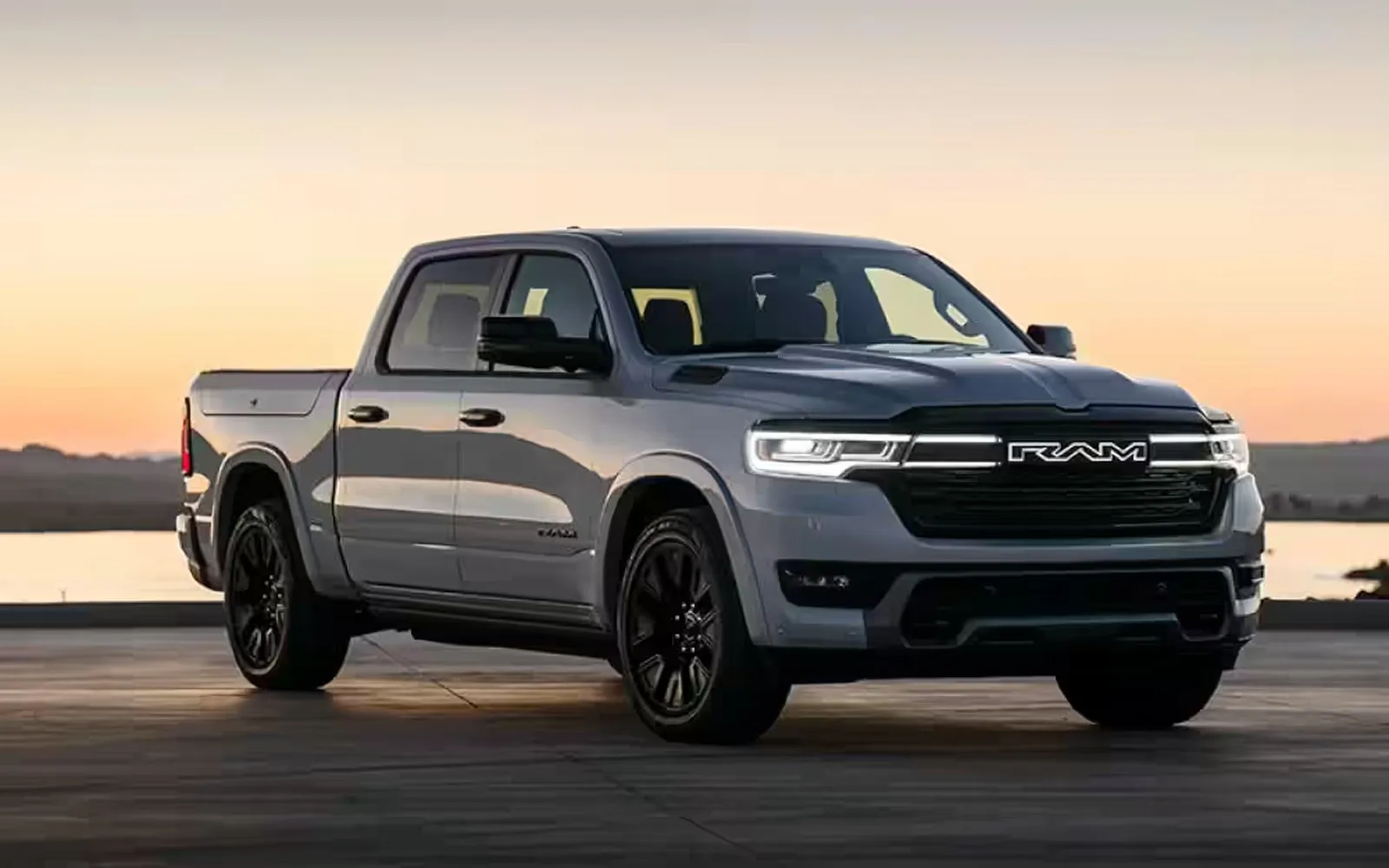
2025 Electric Pickup Trucks: Revolutionizing the Future of Eco-Friendly Hauling
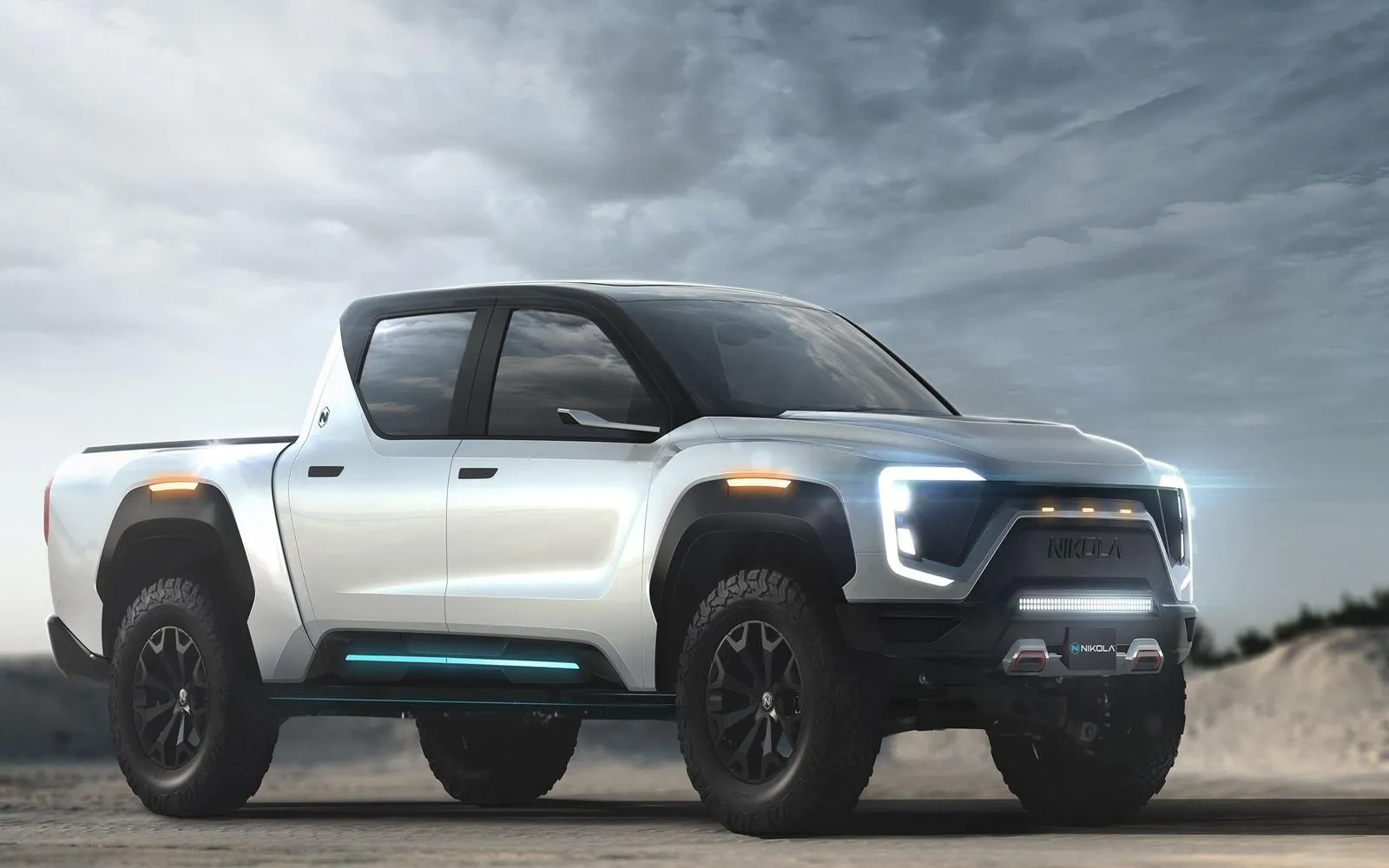
Revolutionizing the Road: The Electric Trucks to Watch for in 2025
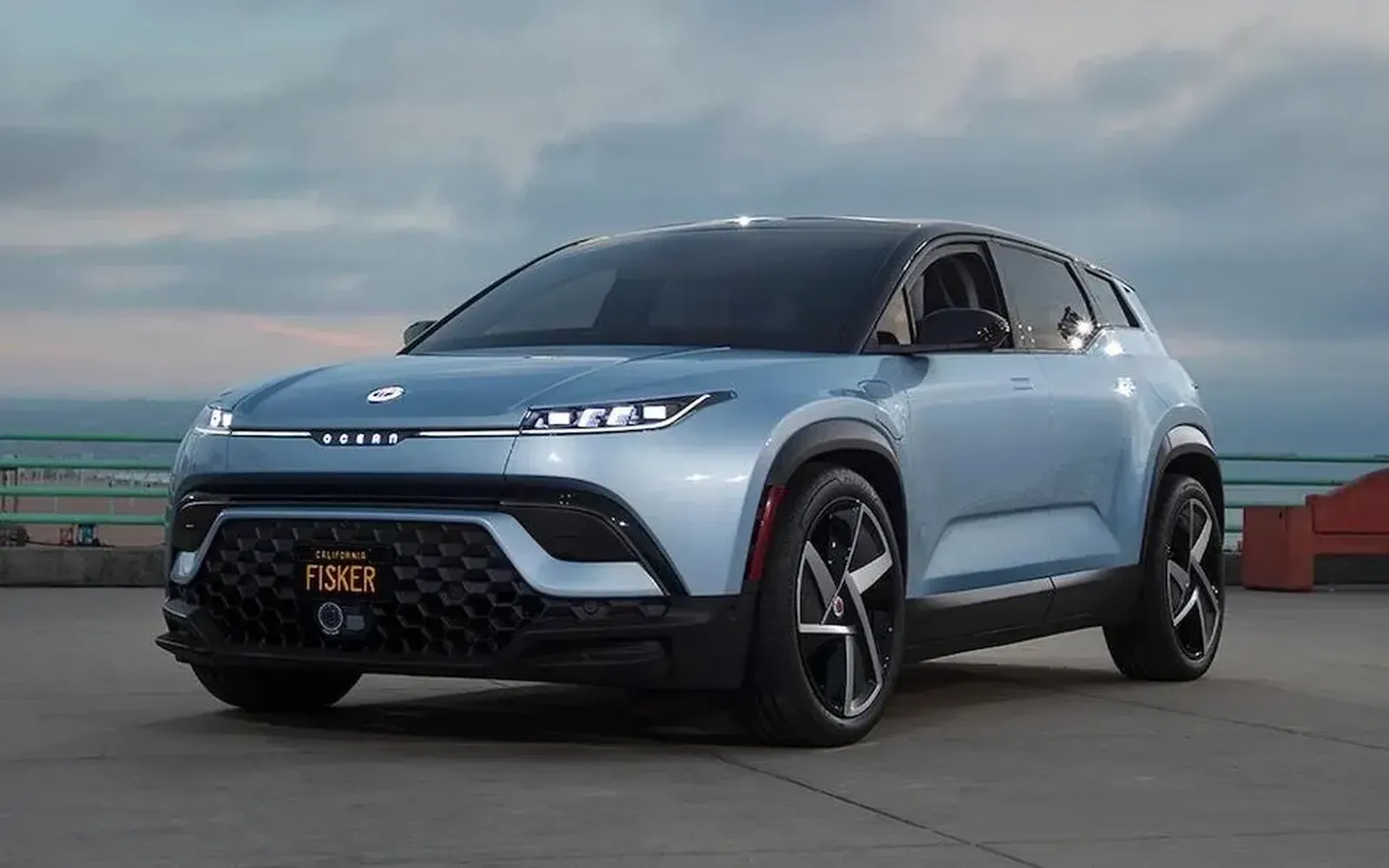
Electric Cars in 2025: The Future of Sustainable Driving and Innovative Technology
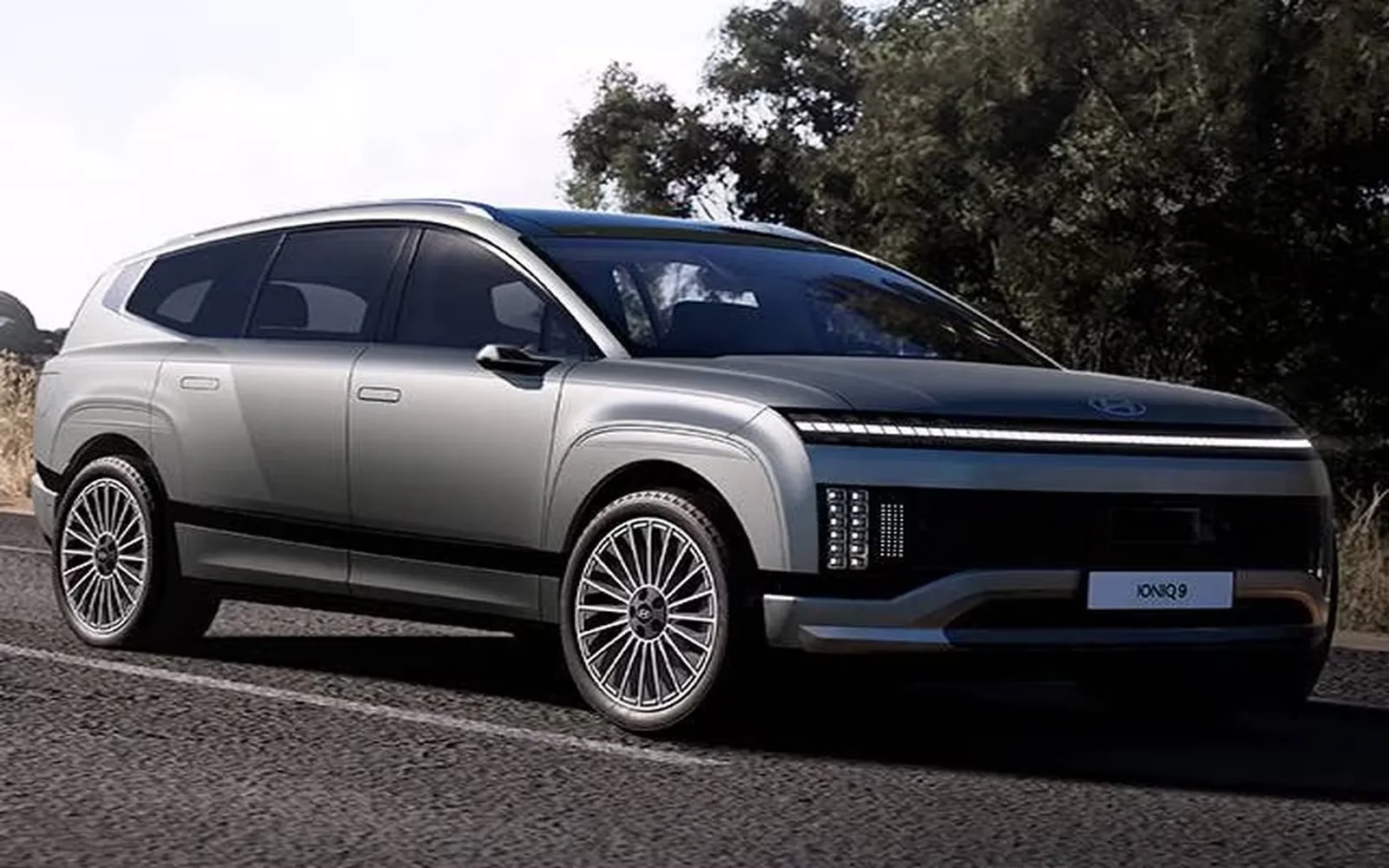
Electric Cars of 2025: The Best EVs to Drive into the Future
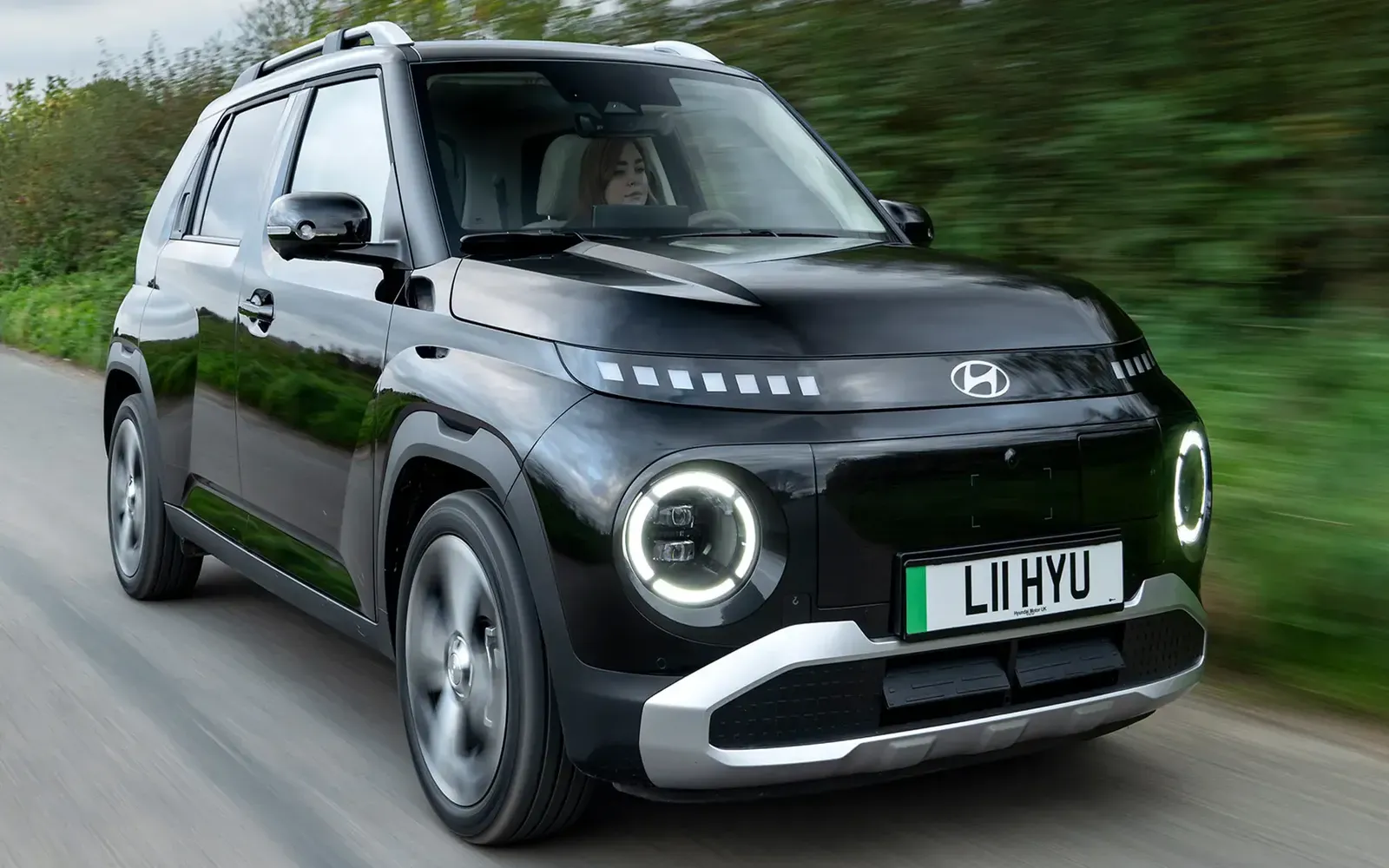
Compact Electric Vehicles: The Future of Urban Mobility in 2025

Used Trucks to Consider in 2025: Your Ultimate Buying Guide
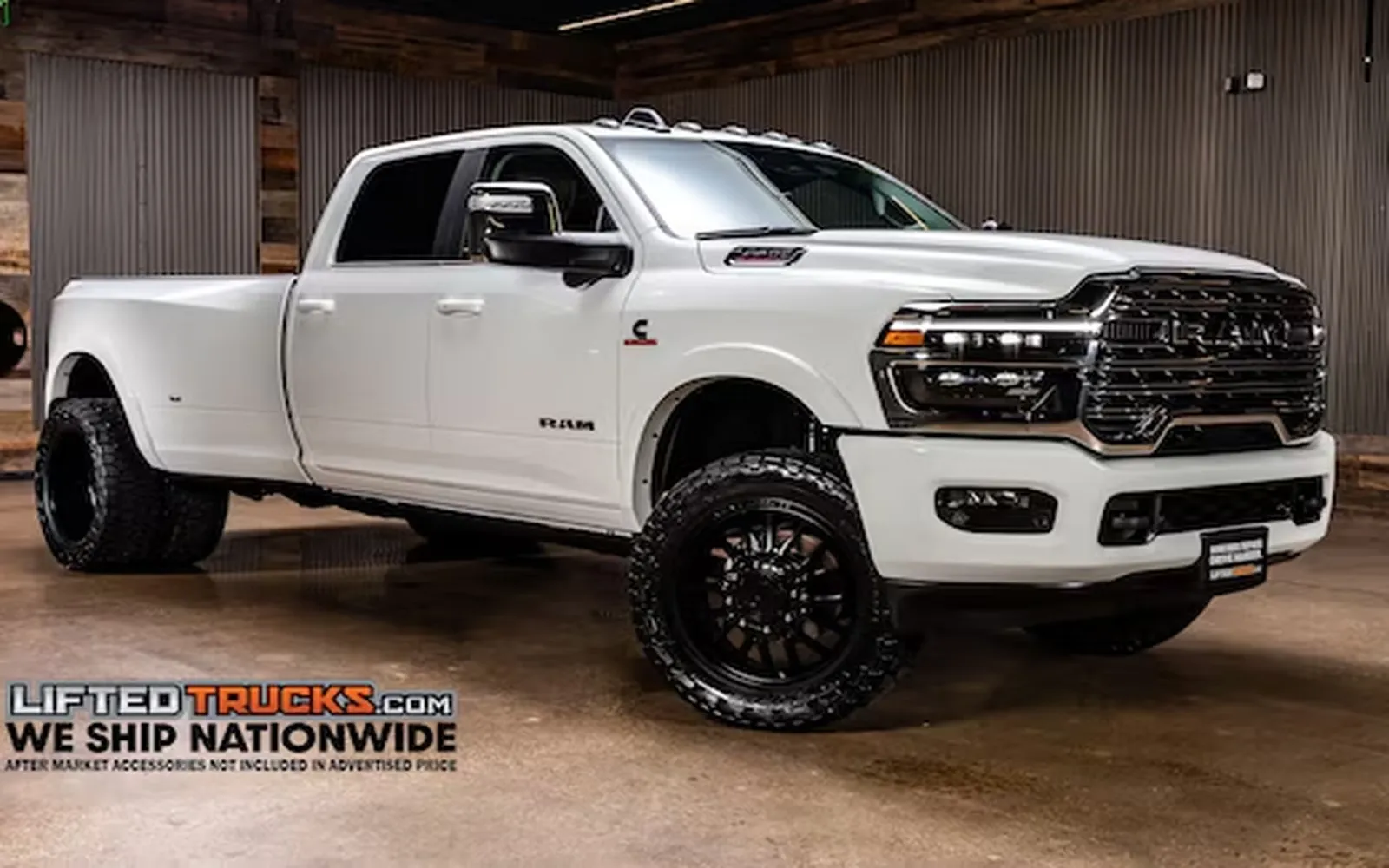
Diesel Trucks of 2025: Performance, Innovation, and Sustainability Trends
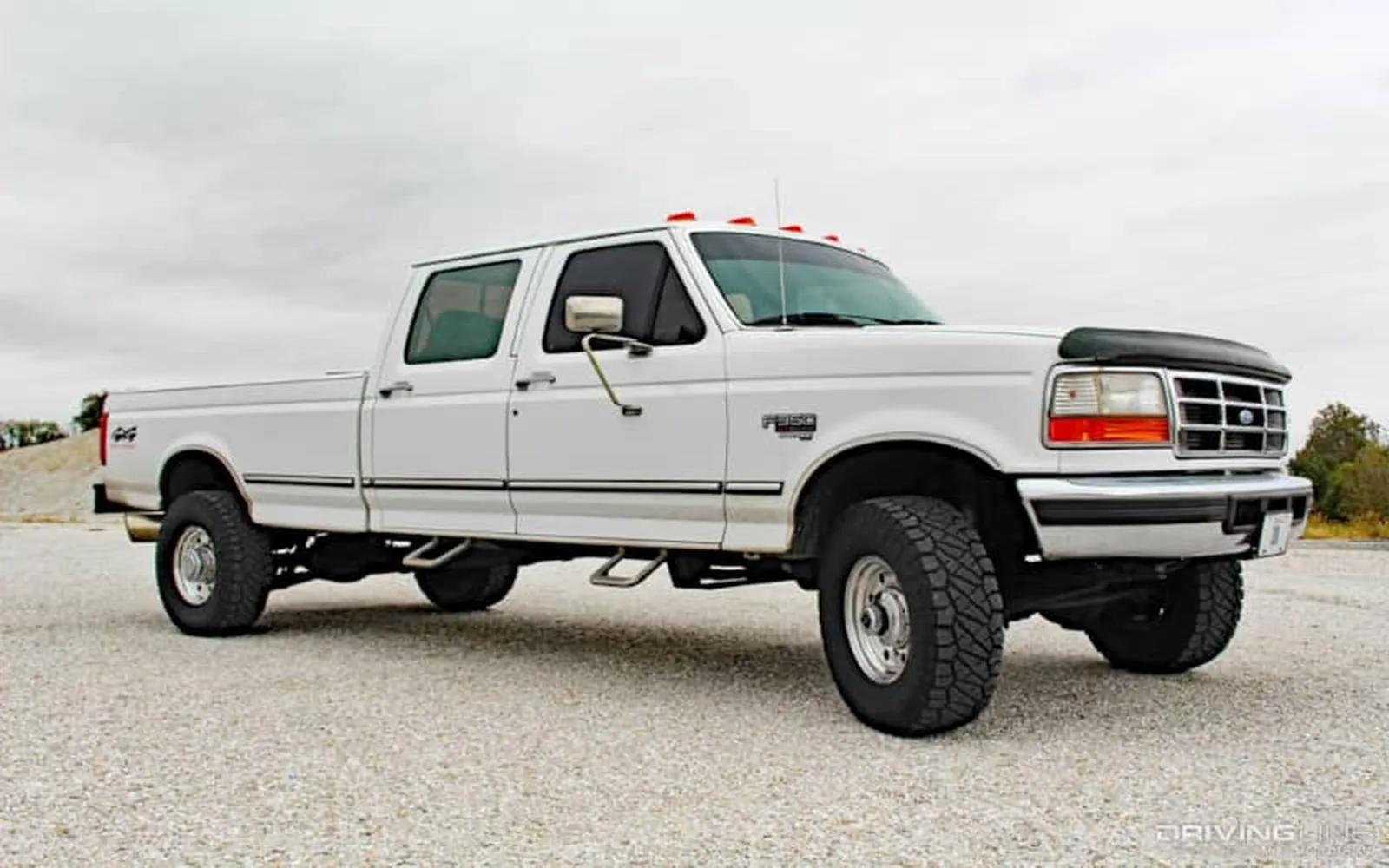
2025 Guide to Buying Used Diesel Trucks for Sale: Best Deals & Tips
